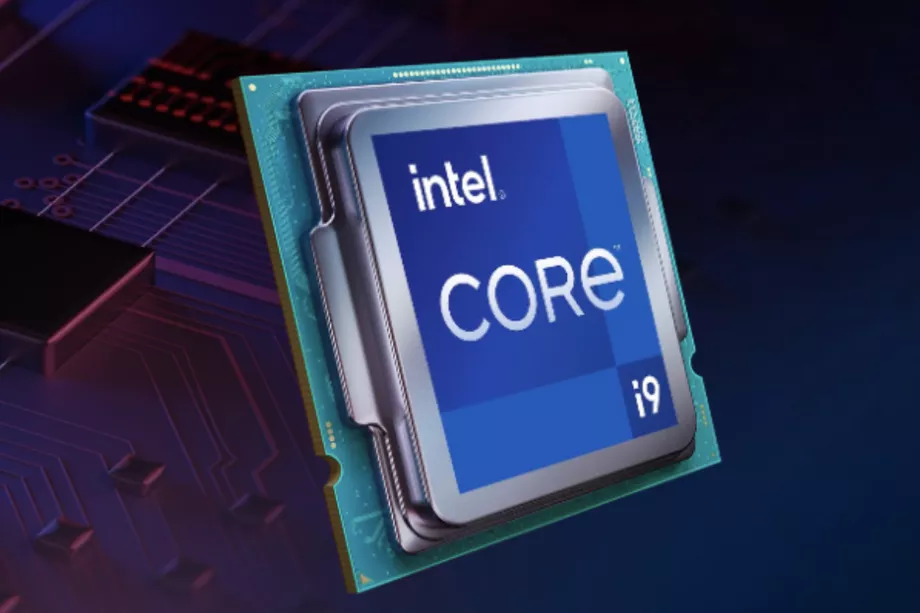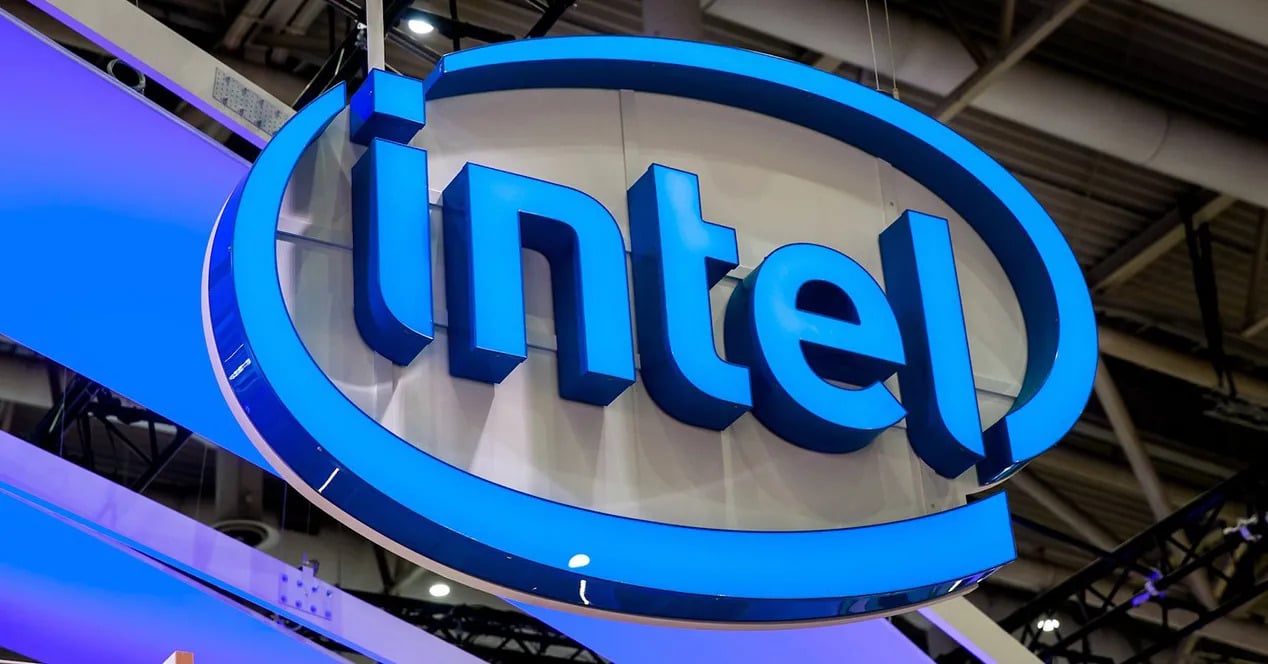In recent years, Intel has lost its unrivaled dominance in the PC chip market to its competitor, AMD. Now, the company seeks to catch up with its rival by aggressively pushing for smaller chips.

According to an Engadget report, the American chipmaking giant plans to pull ahead in the race to make chips smaller by pushing for 4nm, 3nm, and even 1.8nm processes by the year 2025. At the moment, the company’s 10nm “Enhanced Superfin” process is being renamed to “7nm” despite it not being a true 7nm process. Furthermore, the company has struggled to move past the 10nm process for years now, while AMD has already launched its chips that are based on the 7nm process.
While Intel has managed to still remain competitive in the market, shrinking the chip size is an essential move going forward to keep up with its rival’s performance and power efficiency. Thus, the company has recently mapped out its plans for an EUV based 3nm node that utilizes high energy manufacturing process to streamline chip production. This process node has been dubbed 20A (angstrom node), which also implies that it is one ten billionth of a meter (or 2nm).

Following this, the company also aims on start the production of the 1.8nm process, which is called 18A, by 2025. The plan showcases Intel’s aggressive schedule to make up for lost ground and to pull ahead in the shrinking chip race. Meaning, we might soon have laptops, desktops, and more with a major performance boost in the near future. So stay tuned for more updates.
RELATED:
- LG Gram 2021 models with 11th-Gen Intel Core processors launched for the Indian market
- Samsung overtakes Intel as the world’s largest chipmaker by revenue in Q2 2021
- Intel will now manufacture chips for Qualcomm; aims to lead foundry market by 2025







